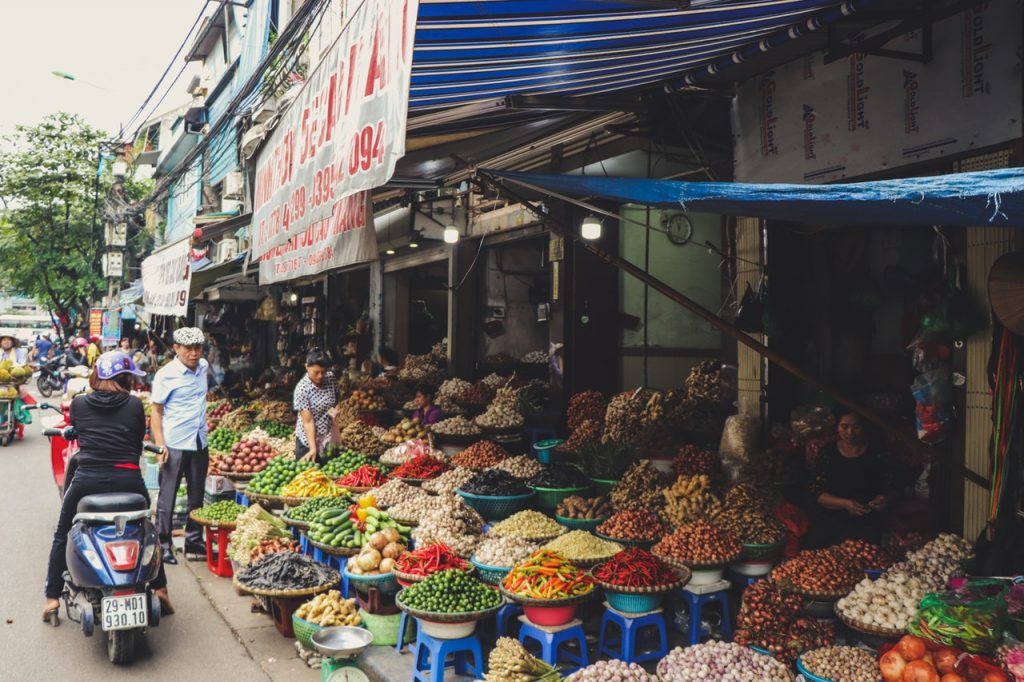
Start planning your trip to the 2021 Vietnam Grand Prix on April 23-25. Useful information about visas, health, money, safety and weather.
Please Note: The 2021 Vietnam Grand Prix has not yet been officially added to the 2021 Formula 1 calendar. We don’t advise booking any travel to Vietnam until the race is confirmed.
Officially known as the Socialist Republic of Vietnam, Vietnam is home to around 95 million people, making it the 15th most populous country in the world. The 65th largest country by land area, Vietnam shares borders with China in the north and Laos and Cambodia to the west. While Ho Chi Minh City is the country’s most populous city, the Vietnam Grand Prix takes place in the country’s capital, Hanoi. Located in the central area of the Red River Delta, Hanoi is Vietnam’s largest city and is inhabited by almost 8 million people.
Vietnam Travel: Need to know
- There is no standard power socket in Vietnam, with a range of type A, C and D sockets used. The standard voltage is 110 / 220 V. Many hotels will provide you with a power adaptor on request. It may be worth waiting until you arrive to acquire a power adaptor – adaptors can be bought cheaply within the city.
- Vietnam operates on Indochina Time, which is GMT+7.
- Tap water is not considered safe to drink in Hanoi. It’s recommended that you use bottled water for drinking.
- In an emergency, call 113 for Police, 114 for Fire or 115 for Ambulance.
- Free WiFi access is widely available in hotels and across the city.
- Traffic drives on the right-hand side of the road in Vietnam.
Visit Vietnam: official travel site
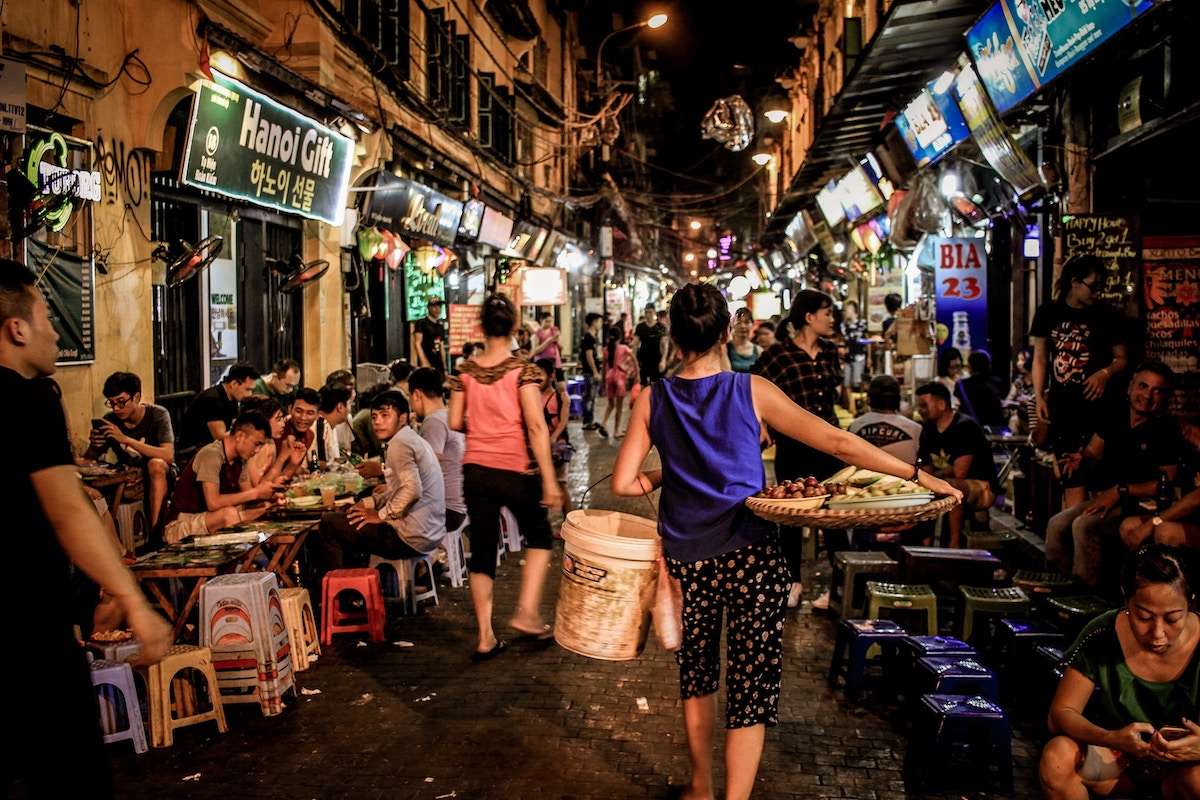
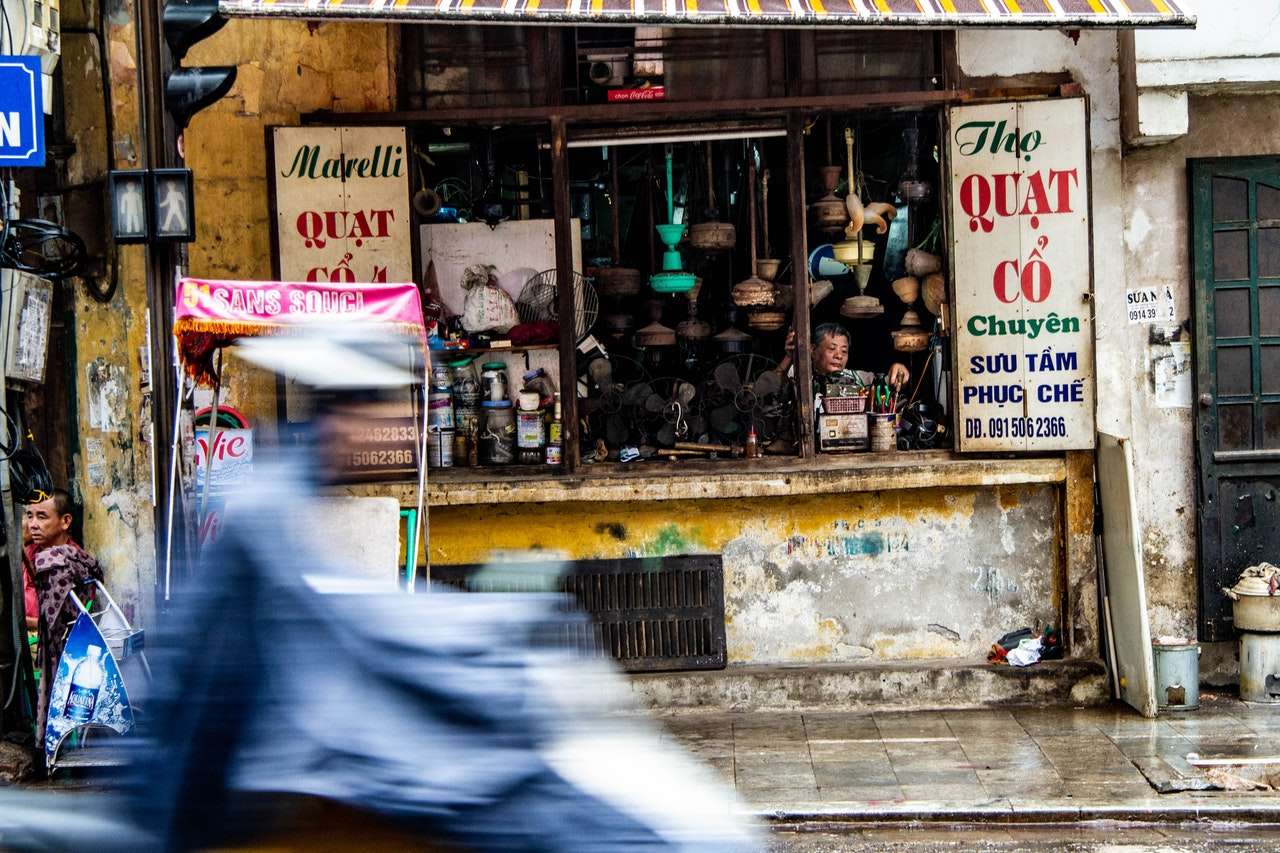
Vietnamese Visa Requirements
Visa requirements for Vietnam are ever changing and always dependent on your nationality. Always double check for the most recent information before travelling. As of August 2019, there are 24 countries (including the United Kingdom, France, Italy and Spain) from which holders of normal passports do not require an entry visa. The duration of allowed stay ranges from 15 days to 90 days for each country; details can be found here. You can apply for a visa if you wish to stay longer than the allotted time. Detailed advice for British travellers can be found here.
For those not on the exemption list, 30-day e-visas are available to purchase for travellers from 80 eligible territories, including United States, Australia and Brazil, plus all EU citizens. The e-visas must be applied for in advance and the current fee is $25 USD. More information here.
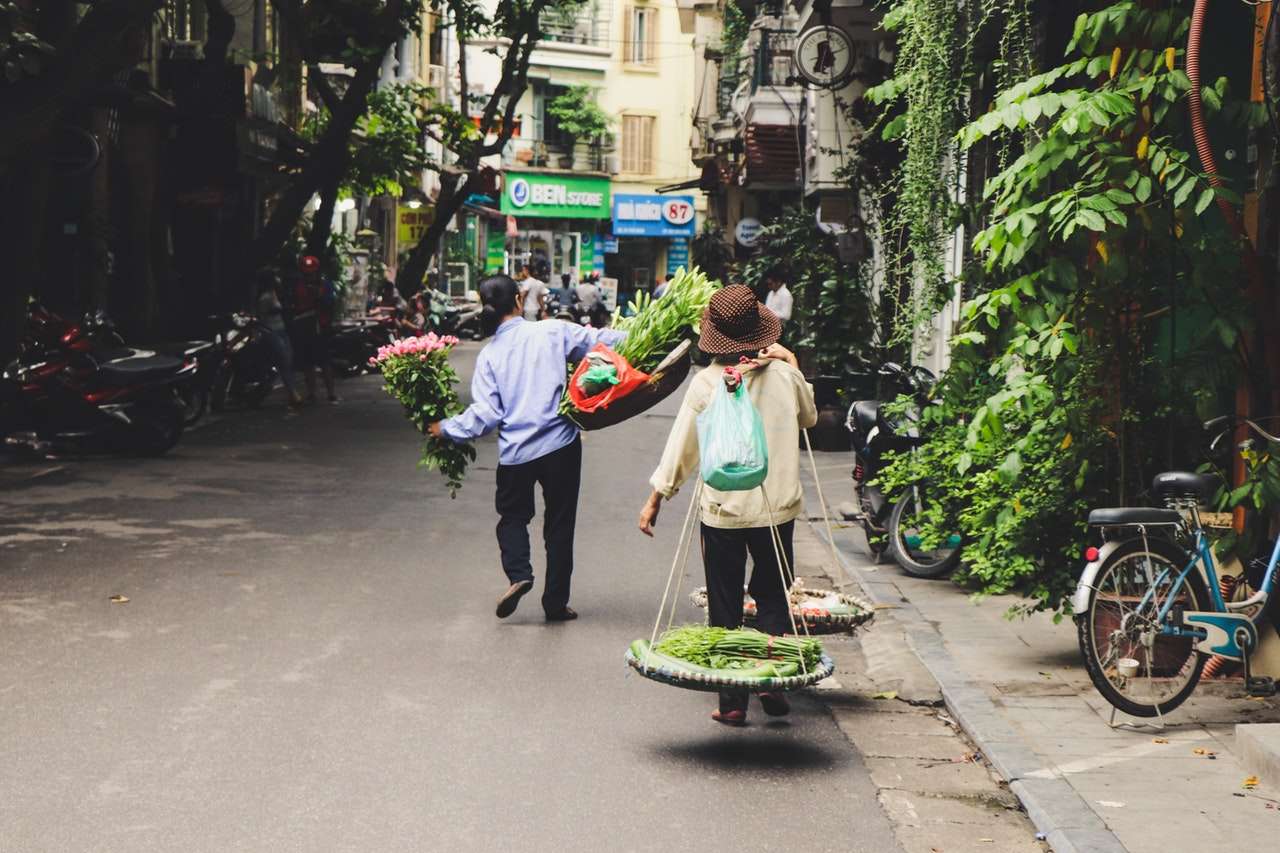
Hanoi Weather
Hanoi’s climate is typically humid, with rainfall being a common occurrence. In April, when the Vietnam Grand Prix takes place, an average of 14 days of the month will have rainfall. Typical temperatures for April in Hanoi range from 22°C (71°F) to 27°C (81°F). April is also the windiest month on average in Hanoi.
Health/Safety in Hanoi
Healthcare is expensive in Hanoi, so make sure you have adequate travel insurance in place ahead of your trip. There are a number of Western-style medical facilities in the city, including the International SOS Clinic in the Tay Ho District and theFamily Medical Practice, in the Ba Dinh District. We generally advise avoiding local hospitals if possible, though if you can speak Vietnamese, the Hong Ngoc Hospital is a reasonably priced and positively reviewed option. More information can be found here. Be aware of pollution in Hanoi. Air quality is poor and some contaminant levels are higher than those seen in Bangkok.
Hanoi is a safe city and crimes against tourists are rare. You should still exercise caution as you would in any new surroundings, and avoid walking alone late at night – especially in the city’s many smaller lanes. Be aware of pickpockets in market areas, unwanted baggage ‘helpers’ and overly-friendly locals. The streets of the capital can be quite hectic, with 80% of road users in Hanoi travelling by motorcycle. It’s no surprise that you need to take extra care when crossing roads. (Take a look at this video to see how difficult the task can be!)
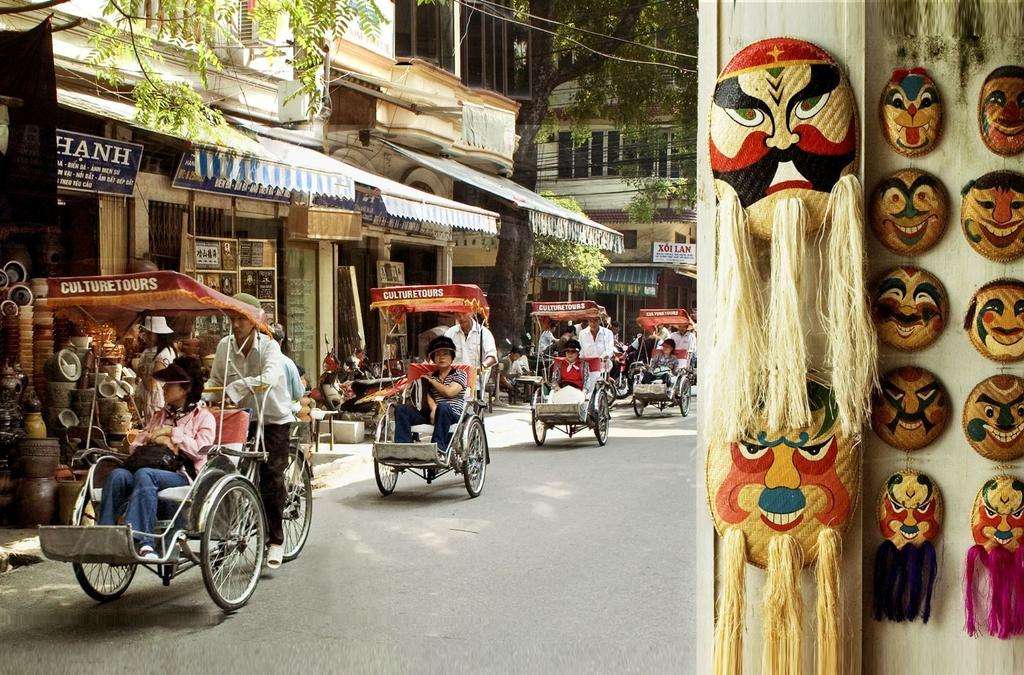
Culture & Language
Vietnamese is the official language used in Vietnam. Hanoi’s inhabitants generally speak a different dialect of Vietnamese compared to the official version, though the differences are minor. English is taught as a second language in many Vietnamese schools, so many locals (especially younger ones) will be able to understand you. Make sure you have the Google Translate app on your phone for language emergencies; the app can also help translate restaurant menus.
Money
The Vietnamese Dồng (VND) is the official currency used in Vietnam. The exchange rate can be difficult to adjust to as $50 USD is the equivalent of over 1 million VND. The smallest bill available is 10,000 VND. There are plenty of ATM machines in Hanoi and there are a number of international banks around the city. Tipping for good service is not expected in Hanoi, but it is appreciated. Credit cards are accepted as a payment method in most large shops and restaurants in the city, though a 3-4% surcharge may be added to some transactions.



